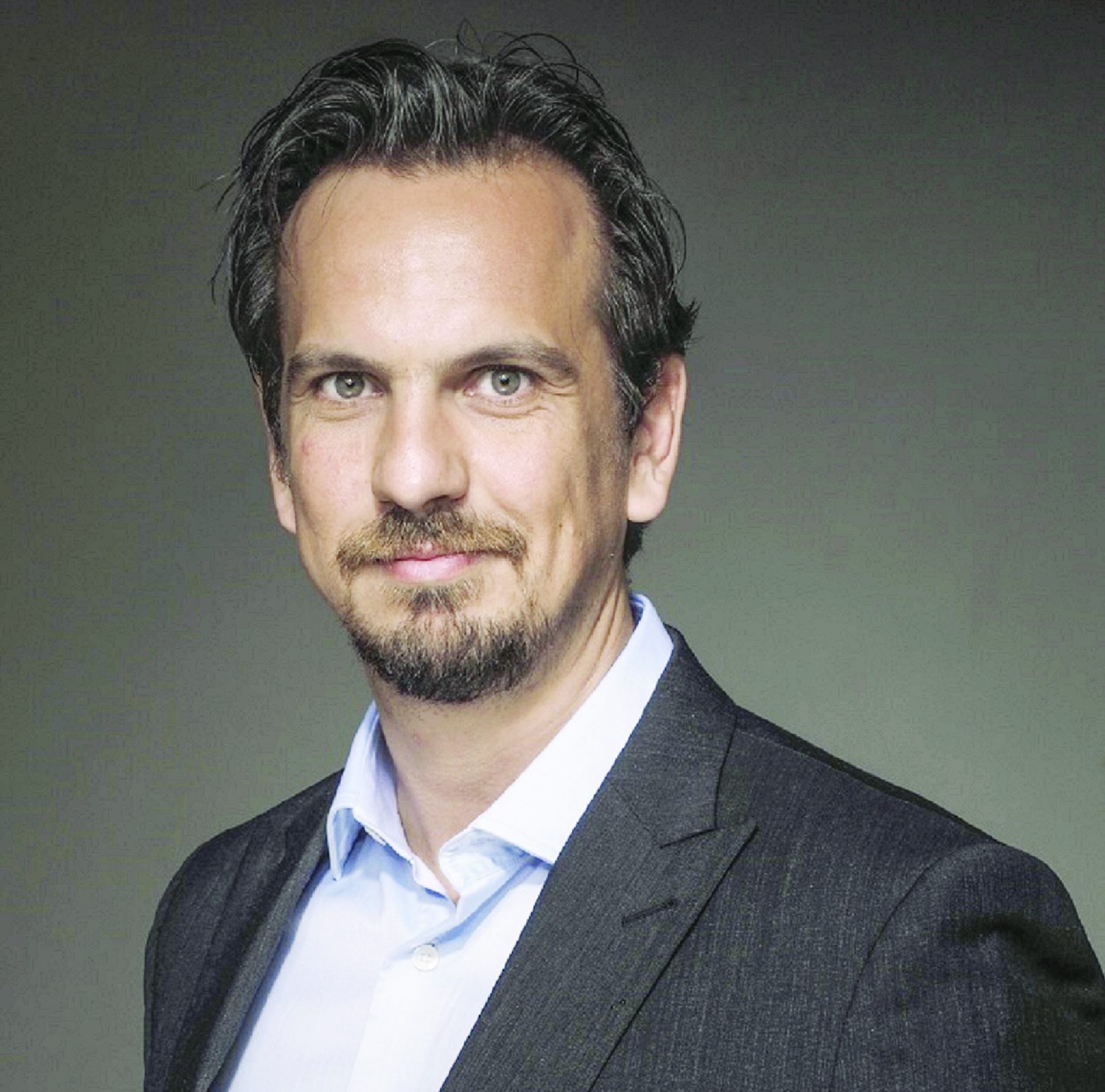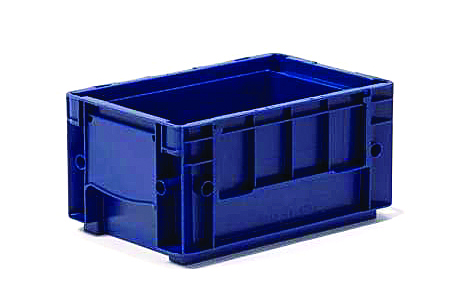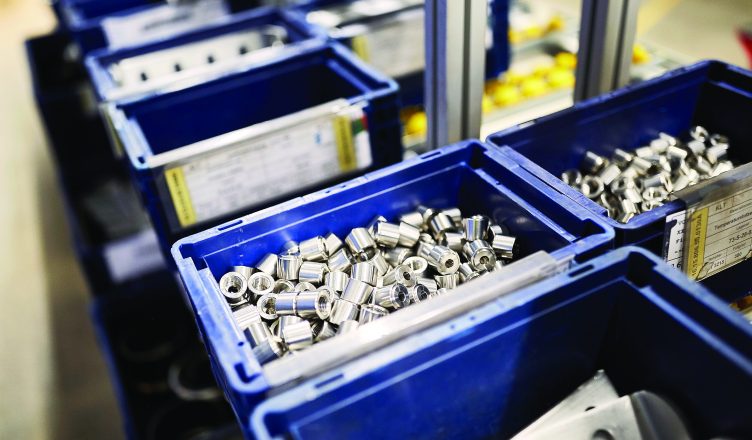Established in Australia as part of Brambles Group, an international supply chain brand, CHEP offers supply chain solutions that optimize business processes in the automotive industry. Equipment rented from CHEP is collected after use, regularly maintained and repaired, and put back into service. That’s how costs in equipment management are reduced and the efficiency of the supply chain is increased. Engin Gökgöz, Key Customers’ Leader in European Region, which has a circulation network of more than 330 million pallets in 59 countries around the world, said that they had been operating in Turkey since 2009 with more than 11,000 employees.
 What service do you offer for the automotive industry?
What service do you offer for the automotive industry?
We are an equipment-rental company offering optimized solutions for procurement chains. CHEP’s business model is inherently based on the concept of “Share and Reuse”. We call it ‘pooling’. With the CHEP Pooling System, one gets the pallets one needs from us on a rental basis. We believe that sharing and reusing products makes them more sustainable; that’s why our pallets cannot be purchased. Under this principle, it doesn’t matter whether you are a small local start-up or a company supplying the whole of Europe with your products. CHEP controls the entire administrative procedure, retrieval and quality assurance of the pallets in a closed-loop system.
As the automotive industry adopts upcycling and circular business model producing more efficient and sustainable electric vehicles, it needs to take important steps to prevent waste from happening during supply chain. Manufacturers and suppliers that use disposable cardboards to deliver products cause the industry to generate more waste and negate carbon emissions due to inefficient packaging management. CHEP’s business model based on sharing and reuse raises the sustainability of processes by eliminating potential waste
What are the properties of your products?
Plastic crates, which we maintain and repair before use, are way more robust compared to cardboard boxes. They are exclusively designed to serve automation systems. In addition, we always guarantee the packaging supply that our customers need, regardless of fluctuations in demand. That’s how we eliminate warehouse costs and the problem of clientele not finding crates. In the meantime, being part of the CHEP network means less waste for everyone. Thanks to our strong global network, collection and return trucks travel less distance and crates arrive faster. We also help create new collaboration opportunities with our tracking solutions that terminate the risky and inefficient transportation of costly and critically important loads.
How about other benefits your system offers to manufacturers?
First things first, we eliminate questions like ‘where is my product?’ or ‘if it is lost or not?’ in the minds of manufacturers. Additionally, manufacturers get rid of high costs of the procedures. More importantly, there’s the ‘standards issue’ in the production line. Apart from the supply of materials to transport the product, there is a ‘customs dimension’ of the overall delivery in export. Our clients do not have to go through all that hassle while dealing with customs while sending or supplying products. I strongly advise whoever concerned that they not deal with customs or regulations, not harm the environment by using cardboard boxes. Use a wiser way to deliver your products to Europe at cheaper costs.
What do you think Turkey’s role is for the automotive industry?
The picture of a global automotive industry is not complete without Turkey. Our country is an export country serving the sector. Therefore, we must have very good conducts, especially with Europe. There are plenty of successful companies in Turkey. As I said, a growing automotive industry globally is not possible without us.
How would you comment on global lack of containers recently faced?
As has been mentioned, we are a very strong player in the sector. Manufacturers stopped their contactor orders from China during the pandemic. A huge demand arose for those products to be used in vehicle manufacturing, which should come from China, and the demand remained unsolved. This eventually led to container crisis. Because the containers of the production lines remained in Europe, companies had to face a serious container problem.
How did you manage to sort it out?
Firstly, your storage area needs to have been built with smart systems. It was not possible to respond to those problems solely with containers. Our global pooling is solid enough to respond to fluctuations as such. Of course, there may be minor problems that might arise with us, too, such as delays. Being a company that operates globally in terms of competition gives us advantage since we are able to meet all sorts of needs in 60 countries.
As you know, the manufacturing of the domestic automobile, TOGG is expected to start in 2023. Have you considered taking part in it?
TOGG is a project that excites us like everyone involved. Of course, we’d love to be a part of it. For that to happen, TOGG’s suppliers need to be identified. As we are experienced through our similar dealings, we would love to provide support after details are clarified.


